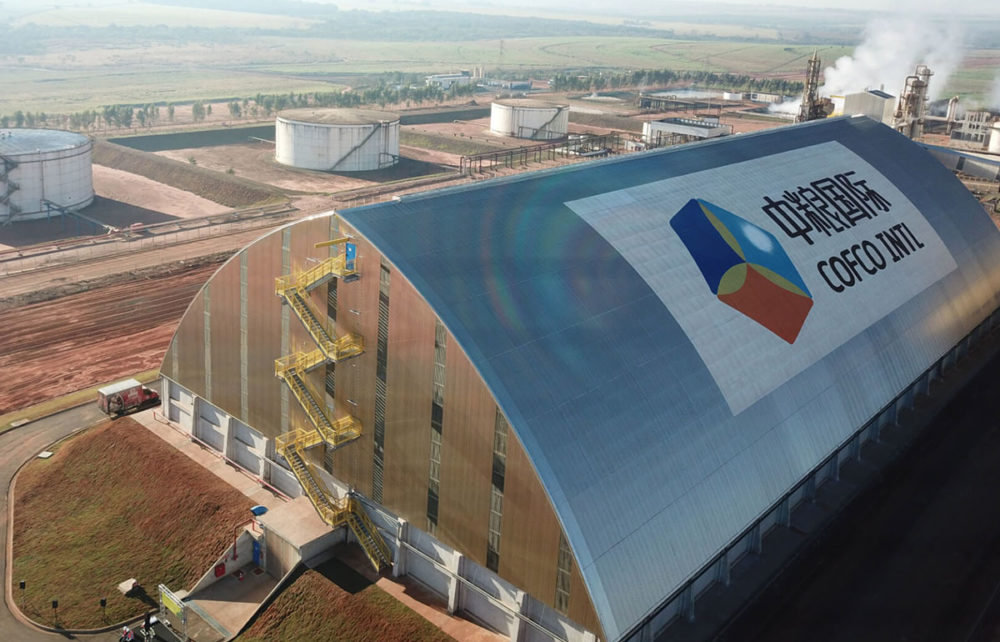COFCO International Brasil SA has won a 25-year concession for a new agriculture solid bulk terminal, set to be one of the largest in the Port of Santos.
Once fully operational in 2026, the STS11 terminal, awarded to COFCO International Brasil SA at a government auction in late March, will expand the company’s own port capacity in Brazil to 14 million tonnes and support company plans to increase exports from the country.
As part of the lease agreement, COFCO International Brasil SA will invest in the modernisation and expansion of the terminal facilities.
New historic record for trade between Brazil and China in 2021
“The investment will provide farmers more choices and create new opportunities for COFCO International Brasil SA to cooperate with local industry partners and logistics companies”, the company said in a statement.
COFCO International Brasil SA already sources agriculture commodities from more than 7,000 farmers and actively supports the development of a fully traceable and conversion-free soy supply chain.
COFCO sources and exports grains, oilseeds, sugar, coffee, and cotton. It also produces ethanol which is sold mainly on the local market. From originating and processing to storing and exporting, it is present at all of Brazil’s main points of export, transporting goods by truck, barge, and rail.
China´s Cofco International to Check Agro Buys from Brazil for Environmental Damage
For grains and oilseeds, it has 2 port terminals, 1 processing plant, and 19 storage facilities scattered around the country.
The processing plant in Rondonópolis is strategically located in Mato Grosso State, the largest soybean producer in Brazil. With direct access to Santos by railroad and a pipeline under construction connecting nearby biodiesel distributors, the plant can process 1.3 million tonnes per year of soybean and produce almost 350,000 tonnes per year of biodiesel.
The company is also one of the world’s top five sugar traders, moving over 6 million tonnes in 2020, of which it produced 1.45 million tonnes itself at its four mills in Brazil. Depending on the global demand for sugar and for transport fuel, the company’s mills can alternate to produce either sugar or ethanol which can be blended to create biofuel.




